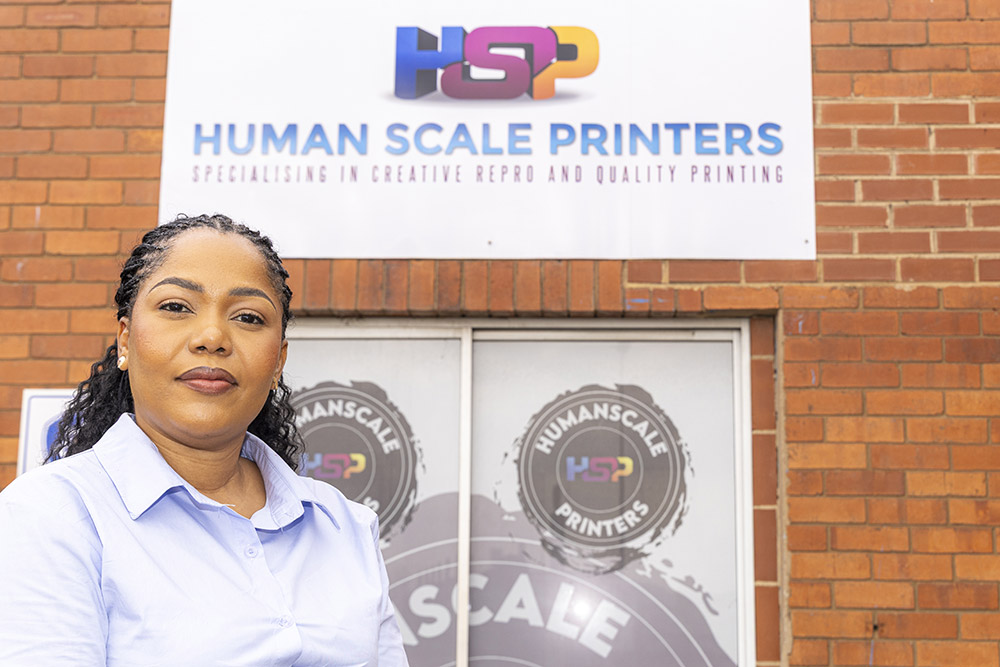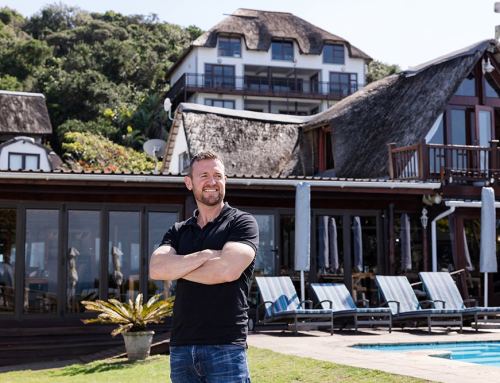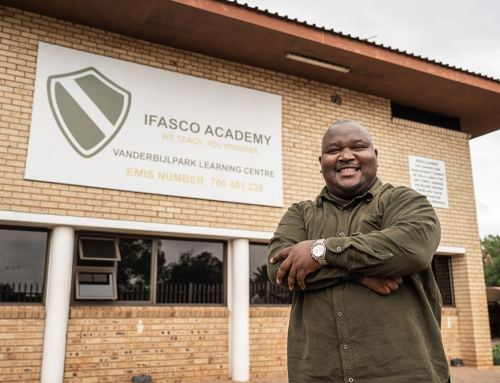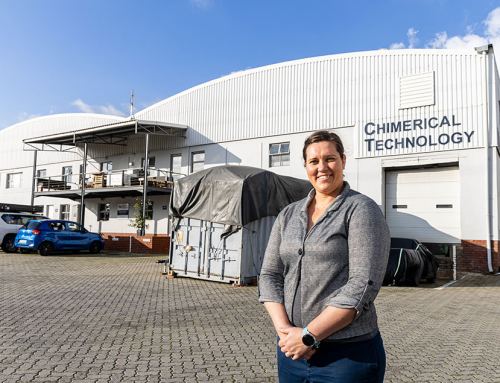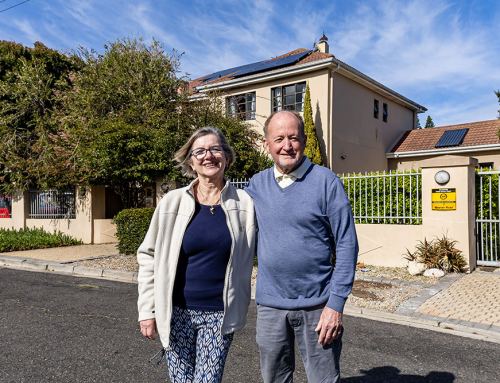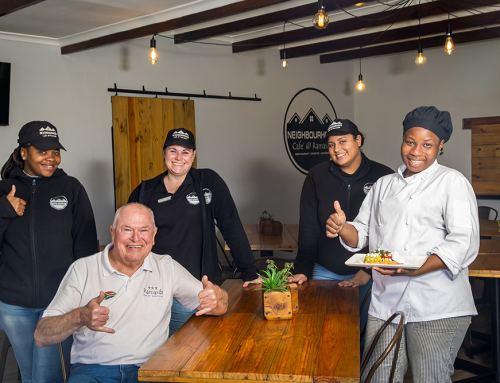Increasingly across South Africa intrepid black entrepreneurs are starting to hand over to their children the businesses that they have built against all odds.
One such pioneer is Geoffrey Bongani Buthelezi, who founded Human Scale Printers, in the late 1980s in the townships around Durban, where few had ventured before. Today, the business operates from the Prospecton industrial area and is proudly run by Geoffrey’s daughters, Sibusisiwe and Sithokozile Buthelezi.
At 70, Geoffrey emphasizes that he is not simply handing over a completed business to Sibusisiwe and Sithokozile to run as he had. Rather, he is empowering them with an opportunity to elevate the business to new heights and leave their own imprint on the printing and packaging industry.
Sibusisiwe, has officially been at the helm of Human Scale Printers for less than a year, and already the business has made impressive strides, just as Geoffrey had envisioned. Operating with a team of 20 employees and a 1 700 m² factory equipped with a range of advanced printing machines, Human Scale Printers has recently achieved its International Organization for Standardization (ISO) accreditation, and has expanded into the packaging sector, with brand new state of the art machinery financed through the support from Business Partners Limited.
It has come a long way from Geoffrey’s tiny operation in Durban’s townships of KwaMashu and Umlazi that printed funeral notices and wedding invitations for the local community.
Geoffrey and his business faced huge challenges throughout its tumultuous years of growth. As a determined student in the 1970s, Geoffrey had to obtain special permission from the apartheid government to study architecture at the University of Natal, now known as the University of KwaZulu-Natal.
The 1976 uprising disrupted Geoffrey’s academic journey, cutting his studies short. Yet his determination to progress in his chosen field never wavered. He established the first architectural drawing firm in Umlazi, a pioneering move that proved successful. However, Geoffrey had entrepreneurial ambitions that went beyond offering professional services. He aspired to start a business that could operate independently, without relying on his time and expertise. There was a clear gap in the market for local printing services, and with support from a development agency, Geoffrey acquired second hand printing machines and launched his next venture.
Beyond the regulatory burdens, Geoffrey had to get special permission to start a printing business and faced many operational challenges. One of the toughest, he recalls was the difficulty of bringing technicians into the township to service his machines. Back in those days, securing corporate contracts was out of reach, and Human Scale Printers’ growth was limited to local clientele.
The 1990s brought a turning point. As businesses increasingly sought suppliers with BEE credentials. Human Scale was well positioned to meet the demand. The business secured major contracts, including taking over the in-house printing work of Toyota and Hulamin. These contracts gave Human Scale Printers a platform to progress beyond the township, eventually establishing a presence in the Prospecton industrial area and Pietermaritzburg.
Meanwhile, Sibusisiwe pursued a career in finance beginning as an auditor at an auditing firm. Despite her corporate role, she remained actively involved in the family business by managing its finances. Her father first raised the possibility of succession as early as 2010, so when the transition eventually took place, it was already a well-integrated part of her career plan.
Sibusisiwe describes her leadership journey as both exciting and challenging. Some of the hurdles she faces are having to break into the competitive packaging industry with its brand new set of machines and securing suitable permanent business premises to buy. Owning the property would protect the business from the costly risk of having to relocate once the lease expires which is an expensive operation for a printing business.
The company first approached Business Partners Limited to discuss property finance options, but because they had not yet found suitable premises; the discussions pivoted to the financing of the new packaging machinery. Sibusisiwe says she was particularly impressed by Business Partners Limited’s approach, making efforts to get to know and understand the business and its potential, rather than basing its decisions on just spreadsheet calculations.
Looking ahead, Sibusisiwe is also developing plans to transform Human Scale Printers into a technical training facility, equipping a new generation of workers with the skills to thrive in the printing and packaging industry.

